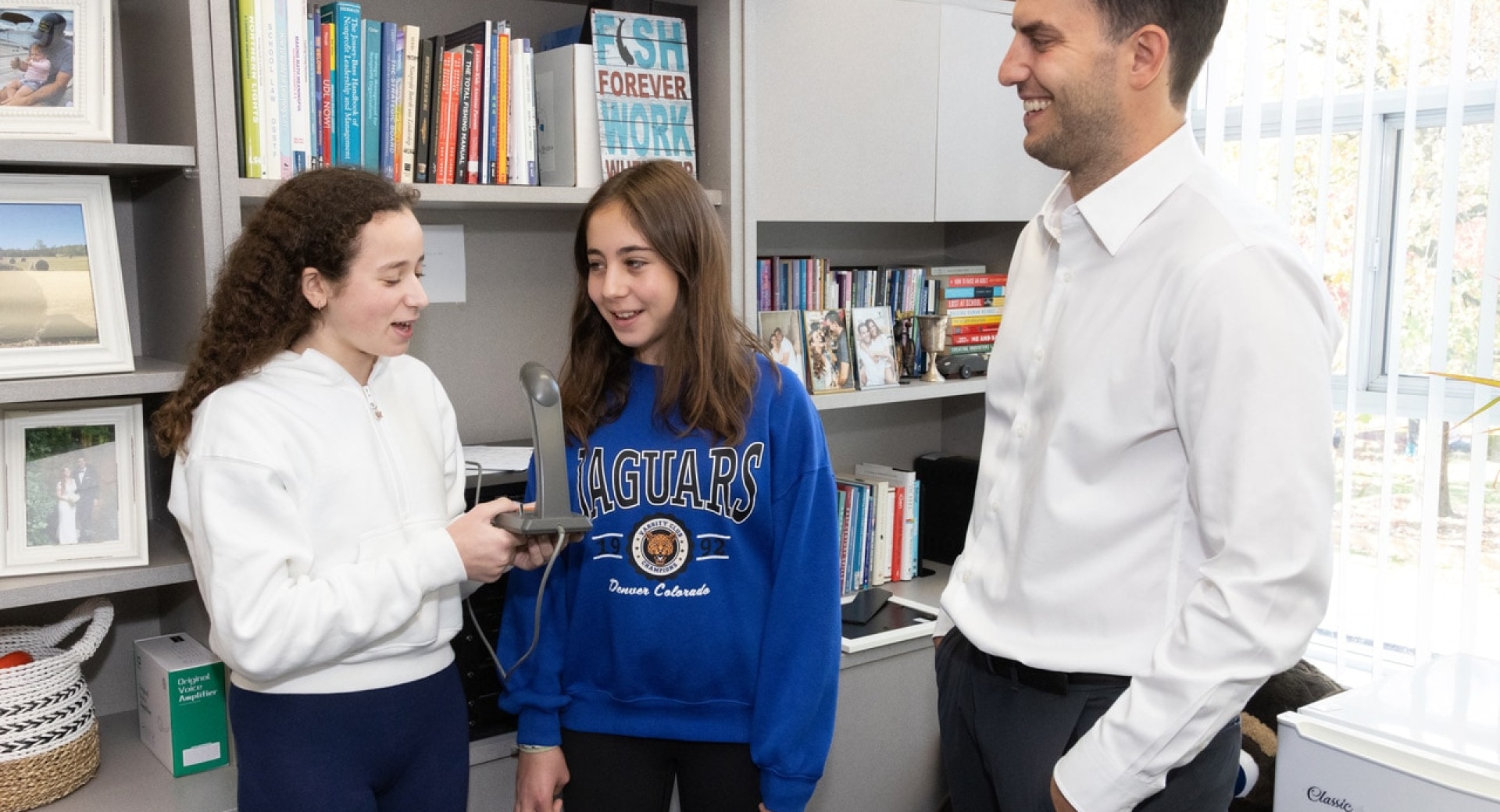
Last year, a group of Grade 3 students at Viewmount were tasked with a persuasive writing activity and were asked by their teacher to choose a topic that they felt particularly passionate about. Within minutes of receiving the assignment, it was clear that the class had a collective goal that was near and dear to their hearts — they wanted to convince me of the need for an escalator in the school. Later that week, the letters began to flood my desk. They said: “We have tiny legs and we get so tired walking up all the stairs;” “Some of our teachers are older and would benefit from an escalator;” “This is the most important thing our school needs, more than ice cream.” The students even tried to calculate the cost of installing an escalator and included pictures of their faces with “puppy dog” eyes. Their arguments were impossible to ignore.
Although this request from our Grade 3s was of course not feasible, I spent 30 minutes in their classroom fielding their questions, discussing their letters, hearing them out and explaining the reasons why we couldn’t make it work. Ultimately, filled with gratitude, I thanked them for their passion and for speaking up to share their ideas. For me, the concept of the escalator was irrelevant. Rather, I was impressed with the students' writing skills, collaboration, and respectfulness of their approach. I wanted to support the development of their voice, written and verbal, so they would continue to speak up and share their thoughts and ideas throughout their educational journey at Bialik and beyond.
Encouraging students to find, and use their voice at school, is a core aspect of the Bialik experience. As our youngest students are taught how to participate in class, develop their confidence for public speaking and independently navigate their way through social interactions, our older children build upon the skills each year. Whether it is standing up for a friend in a social dispute, sharing an idea with the full class, making morning announcements or vocalizing the desire to support a given cause, students are celebrated and recognized when they speak up. Our goal is to graduate children who are brave and confident speakers and advocates for themselves and others.
Several aspects of our school program help to facilitate and reinforce these skills. Students are encouraged to share what matters to them in meetings, through voting and by sending emails. Members of our Student Council will visit classrooms and share information about Tzedakah initiatives with younger children. Senior Division students participate in speech contests to enhance their public speaking skills and delve into topics that they are passionate about. Students have provided their input into school rules, classroom procedures and even the location of field trips.
Last year, a Grade 4 student expressed her interest in environmental sustainability, specifically the worldwide efforts to clean our oceans of various pollutants. Through her efforts, the support of the Student Council and guidance of her teachers, our school ended up raising over $1,500 for The Ocean Cleanup, a non-profit organization developing and scaling technologies to rid the oceans of plastic.
So how can you, as parents, support the development of your children’s voice, self advocacy skills and ability to speak up?
Although our students may seem small in stature, their voices can be extremely powerful, meaningful and influential. When your child has a thought, concern, idea or question, the best thing you can do is provide them with the encouragement, opportunity and guidance to share that thought independently. When parents intervene and share the message on their child’s behalf, children learn that their voice may be too small to be heard, or that their parents will always step in on their behalf to fix a problem, share an idea, address a concern etc. Give your child the opportunity to order their meal on their own at a restaurant or make a phone call to arrange an appointment. If your child is having a difficult time with a peer, tell them to speak up to that peer or consult with their teacher for support. If your child doesn’t understand a school policy, encourage them to email me or leave a letter in the office for me. For Himel students, their Principal, Natalie Vine, also has an open door policy for any of the students’ ideas. If your child has an idea for a fun school-wide initiative, guide them to contact our Grade 8 Student Council president.
We want to hear from our students and equip them with the skills that they will need to share their voices throughout their lives. Let's work together to help our students find and use their voices in positive ways. As the leaders of tomorrow, they will certainly need this integral lifelong skill.
